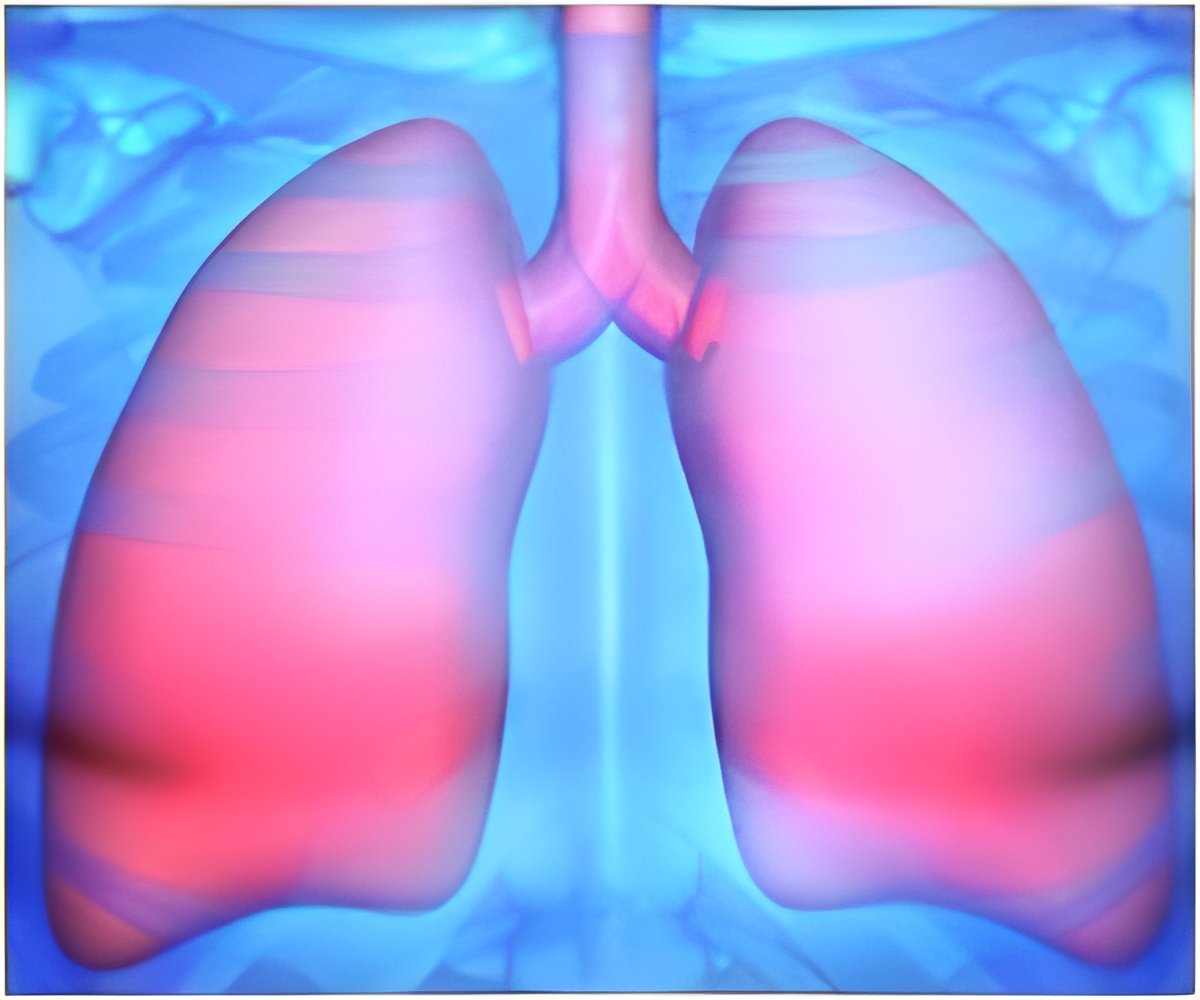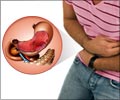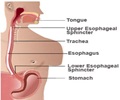Treatment for gastroesophageal reflux (GER) appears to improve survival rate in patients with idiopathic pulmonary fibrosis (IPF), finds study from the University of California, San Francisco.

The study was published online ahead of the print edition of the American Thoracic Society's American Journal of Respiratory and Critical care Medicine.
IPF is a devastating and incurable lung disease, characterized by progressive scarring of the lung tissue, which ultimately prevents the lungs from being able to supply the body with adequate oxygen. The median survival time from diagnosis is 2-3 years.
Dr. Lee and colleagues retrospectively identified patients with IPF from two longitudinal cohorts of patients with interstitial lung disease who were seen at either UCSF or the Mayo Clinic in Rochester, Minn., between April 2001 and July 2008. At both clinics, GER symptoms and treatment were recorded and reviewed prospectively by the treating physician. The researchers recorded demographic data, radiologic data of the extent of fibrosis and survival time.
Of 204 patients, they found that symptoms of GER were present in 34 percent, and patient- or physician-reported history of GER was present in 45 percent (as compared with 10 to 20 percent in the population at large). At the time of diagnosis with IPF, about half of patients reported that they were currently being treated for GER with medication. Eleven patients reported having undergone surgical treatment for GER.
Remarkably, Dr. Lee and colleagues found that patients who had undergone or were undergoing treatment for GER had a significantly improved survival time in comparison to those who had not been treated.
Advertisement
Two previous case series have suggested that treatment for GER stabilizes IPF, but there is disagreement among IPF experts what the significance of GER is in IPF, Dr. Lee said. "Theoretically, one would suspect more airways manifestations and less peripheral lung involvement if GER and microaspiration were involved in the pathogenesis of IPF, but this is something that is not observed in IPF."
Advertisement
"The results of our study need validation to confirm the association between reported GER medication and survival time," said Dr. Lee. "The next step would be a prospective longitudinal cohort of patients with carefully recorded GER-related variables. If our results are validated, future studies should look beyond association and address how the treatment of GER might affect survival in IPF."
Source-Eurekalert















